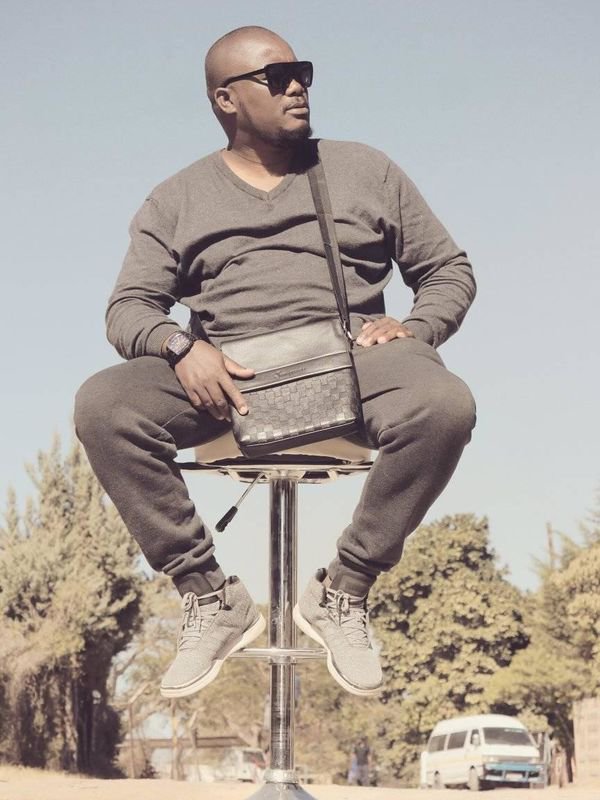Tawanda Marwizi
Mambo is a Shona word for king, a position that Darlington Mutseta, popularly known as Mambo Dhuterere, has assumed on Zimbabwe’s music charts within a short space of time.
Messages that resonate day to day Christian life, blended by unique choral harmonies and instruments, have sent hundreds of music lovers into frenzy, earning the bulky Dhuterere the title of ‘King’ of choral music.
Mambo Dhuterere, a pastor at St John Apostolic Church of the Whole World, had his first studio attempt “Dhuterere” in 2015, which did not yield any results.
His second attempt “Tsamba” also suffered a similar fate.
However, it was his album, “Dare Guru”, recorded this year, that struck gold, making him one of the most sought-after musicians in the country.
In an interview with The Anchor, Mambo Dhuterere attributed his rise to prominence to his dreams, which bring melodies to his songs.
“ Most of these songs come to me through dreams especially the melodies. I might not dream about the whole song but most of the messages and tunes come through dreams,” he said.
Mambo Dhuterere said he aims to bring back “lost sheep” into the house of God through music.
“Some have questioned if I am a true apostolic because of my dressing on the videos but I am trying to appeal to everyone as much as possible. We want them to come to the house of the Lord,” he said.
The 27-year old Dhuterere has also collaborated with several musicians including Seh Calaz, Mathias Mhere and Trymore Bande saying their collective efforts would break the impasse between Pentecostal churches and non-Pentecostal churches.
“We do these collaborations because we are trying to bridge the gap between other churches and apostolic churches because our main aim is to preach the word of God,” he said.
Mambo Dhuterere is based in Botswana where he runs a business. His biggest concern now is whether to leave his business and take on music full time.
“Usually music plays a part in the type of job that you do and in my case it is difficult to make day to day deliveries in public places like salons because some people might provoke you and some might want to have pictures taken with you. I am still deliberating on whether I should relocate to Zimbabwe and start a factory there but with other people doing the day to day running of the business,” he said.



















